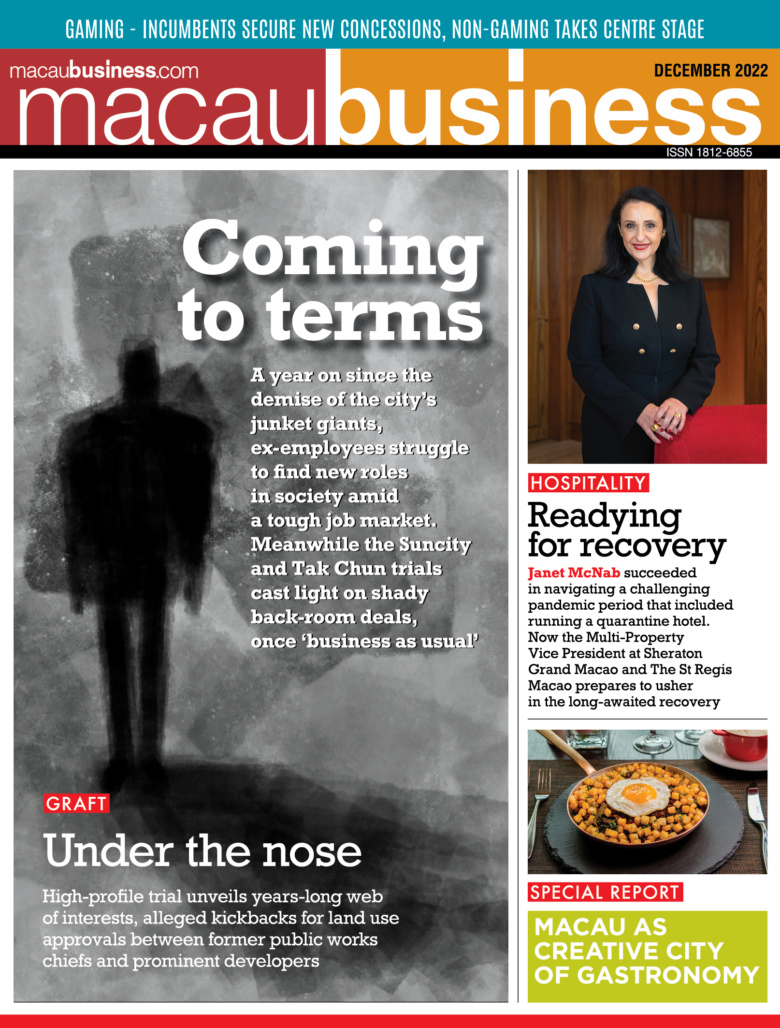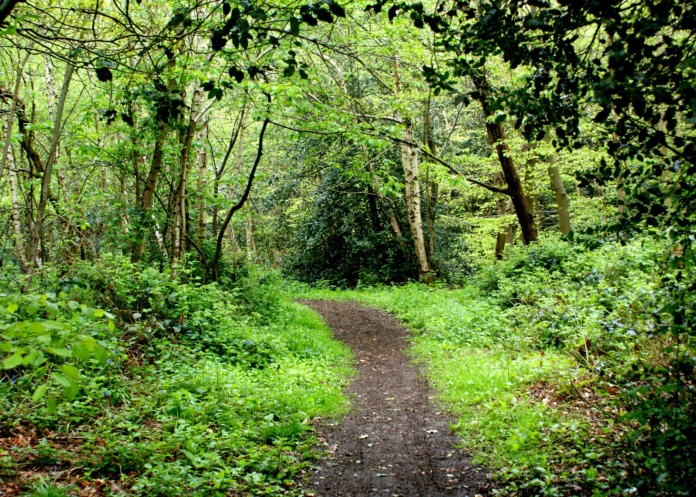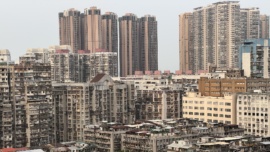Macau Business Editorial | December 2022 | By José Carlos Matias – Director
The last couple of weeks proved to be an accelerator of history, as authorities finally moved to gradually wind the hitherto strict Zero-COVID approach and pave the way towards an effective reopening. The new situation now requires the undertaking of additional tasks and a sound transition plan for the city’s re-emergence on the international travel map.

For sure, a number of preventive and monitoring measures will remain in place for the time being, but it’s finally clear now: the train has left the station, bound for last stop “0 + 0” and an economy hopefully destined to bounce back fuelled by the pent-up demand waiting over the border and the return of international visitors. The local economy’s reanimation hinges on this quintessential condition.
The current situation puts the Government to another litmus test; it must now abandon a rather strict, bureaucratic modus operandi in favour of adaptability and flexibility. Now that the light at the end of the tunnel is no longer just wishful thinking, the government, society and businesses can all sail in the same direction, hopefully buoyed by the right policies, towards reopening. But make no mistake. We have an uphill climb before us. And this slope is just one feature in a new landscape where Macau will face fierce competition both from regional and international jurisdictions that have edged ahead in terms of luring gaming business and tourist visitations, and from mainland cities competing for top talent.
As was pointed out in the latest MBtv Debates series on “Modern Finance and Talent Development”, to push for added-value industries the city needs, on the one hand, to retain human capital and prevent any further deterioration due to brain drain and, on the other hand, to become attractive – much more attractive – to first-class national and international talent. Labour import policies’ lack of flexibility, particularly when it comes to bringing highly skilled professionals to the city, poses a major obstacle and must be addressed. There are numerous stories of companies hitting a brick wall as they see their requests rejected, even when seeking to fill positions for which Macau currently has virtually no available manpower. On a separate note, the recent news that former Hong Kong Stock Exchange chief Charles Li won approval to set up a financial assets exchange in Macau for the micro enterprises financing platform he co-founded is most welcome and could well spark a virtuous cycle for modern finance development.
Will the SAR be late in the game? Perhaps, but the city can catch up quickly if it gets this right. Does it mean “lying flat”? Not at all, as Andrew Phua of the Singapore Tourism Board recently explained. It’s about learning how to live with the virus (namely the weaker Omicron variant) and maintaining a minimal number of serious cases and fatalities, without, as health experts indicate, lowering our guard against the possible resurgence of a troubling new variant.
You could say that Macau – despite having lost ground to those who took first mover’s advantage – has had the opportunity to observe and learn from the experiments in practice of countries and jurisdictions around the world.

Additionally, local authorities have been developing a promising concept that may yield sound results in a diversified economic landscape: the “Tourism +” strategy. This translated, means a cross-sector project integrating “Tourism + MICE”, “Tourism + Cultural and Creative”, “Tourism + E-Commerce” and “Tourism + Sports”. The potential is there. And on the culinary front, for instance, the efforts taken in the five years since Macau became a UNESCO-designated Creative City of Gastronomy deserve kudos and further development, as highlighted in this issue’s Special Report.
That the renewed gaming concessionaires must align themselves with this overall direction was made clear in the requirements for the new tender, and in the non-gaming investment pledges the incumbent operators reportedly made to win it. While that may sound good on paper, the reality is that gaming will still need to be the revenue propeller that drives those projects, which in turn also need to have a viable business case, as much as possible. If you build it, they will come? That worked following the liberalization of the gaming industry as the floodgates opened and mainland tourists and gamblers flocked. But we all know there’s no going back to 2004. We’re faced instead with a simple math problem. In order to meet the MOP130 billon gross gaming revenue (GGR) estimate inscribed in the Government’s budget for next year, the average monthly GGR required will be MOP10.8 billion, and that’s three times the 2022 average. Will just reopening be enough, or will the city need a Midas touch to multiply its golden eggs?
How on earth?
The sacrosanct presumption of innocence notwithstanding, based on what transpired in the Public Prosecution’s indictment and on what has so far surfaced in court during high-profile trials of erstwhile all-powerful junket bosses and former Public Works Bureau heads alongside prominent developers – as reported in some of this issue’s in-depth features – two simple (some would say naive) questions come to mind: How on earth could that have gone “unnoticed” for so long? Were the authorities and watchdogs at the time sleepwalking?
























